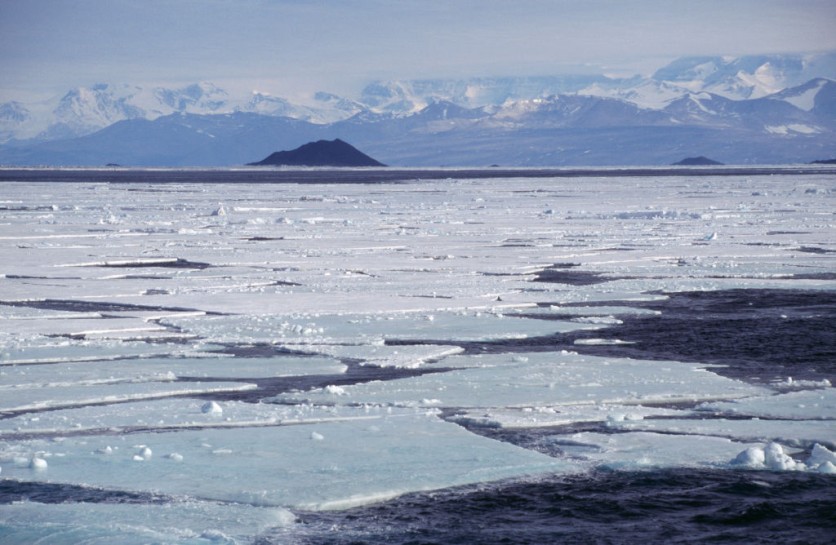Recent scientific findings have revealed a startling fact about Antarctica's ancient past: around 8,000 years ago, the West Antarctic Ice Sheet experienced a rapid and dramatic thinning.
This remarkable discovery, detailed in a study published in Nature Geoscience, sheds light on the possible consequences of accelerated ice melting in response to climate change.

200 Years of Rapid Ice Melting
The study, led by researchers from the University of Cambridge and the British Antarctic Survey, analyzed a 2,000-foot-long ice core extracted from Skytrain Ice Rise, a location on the edge of the ice sheet.
By meticulously examining the chemical composition and air bubbles trapped within the ice, scientists were able to reconstruct the ice sheet's thickness and track its historical changes.
What they found was astounding: over a span of just 200 years, the West Antarctic Ice Sheet thinned by a staggering 450 meters (1,476 feet) - equivalent to the height of the Empire State Building. This rapid ice loss, previously unknown in Antarctic history, underscores the region's vulnerability to environmental shifts.
'It Could Happen Again'
According to Professor Eric Wolff, one of the study's senior authors, this direct evidence of past ice loss serves as a sobering reminder of the potential impacts of climate change. "This scenario isn't something that exists only in our model predictions," Wolff explained. "It could happen again if parts of this ice sheet become unstable."
Isobel Rowell, a co-author of the study and an ice core scientist at the British Antarctic Survey highlighted that once the runaway scenario occurs, "there's really very little, if anything, that we can do to stop it," she told CNN.
The implications of such rapid ice melting are profound, particularly regarding the rise in sea levels. The West Antarctic Ice Sheet contains enough freshwater to raise global sea levels by approximately 5 meters (16 feet). Should similar melting occur, coastal communities worldwide could face devastating flooding and displacement.
Moreover, the study highlights the unique vulnerability of the West Antarctic Ice Sheet to climate change. Warmer temperatures can trigger the destabilization of ice shelves, leading to accelerated melting and further rise in sea levels.
Rowell emphasized the urgency of understanding these dynamics: "It's now crucial to find out whether extra warmth could destabilize the ice and cause it to start retreating again."
The findings also have significant implications for improving our predictive models of ice sheet behavior. By incorporating data from past warming periods, scientists hope to refine their understanding of how the Antarctic ice sheet may respond to future climate scenarios.
While the study focused on events that occurred millennia ago, its relevance to the present cannot be overstated. As David Thornalley, an ocean and climate scientist, noted, the study provides valuable insights into the potential consequences of ice sheet collapse in the face of ongoing climate change.
Stay posted here at Tech Times.
Related Article : NASA Scientists Are Surprised to Detect More Greenland Ice Lost than Previously Thought

ⓒ 2025 TECHTIMES.com All rights reserved. Do not reproduce without permission.




